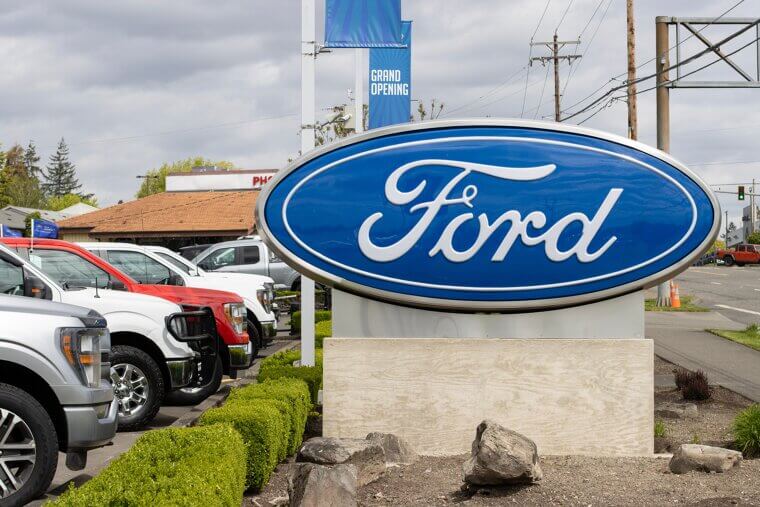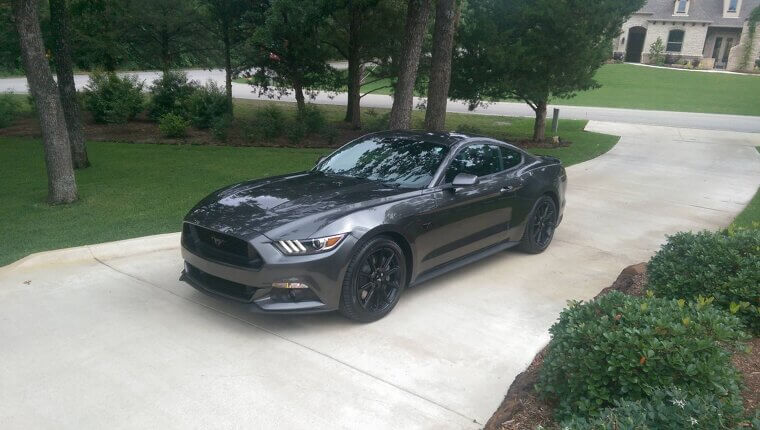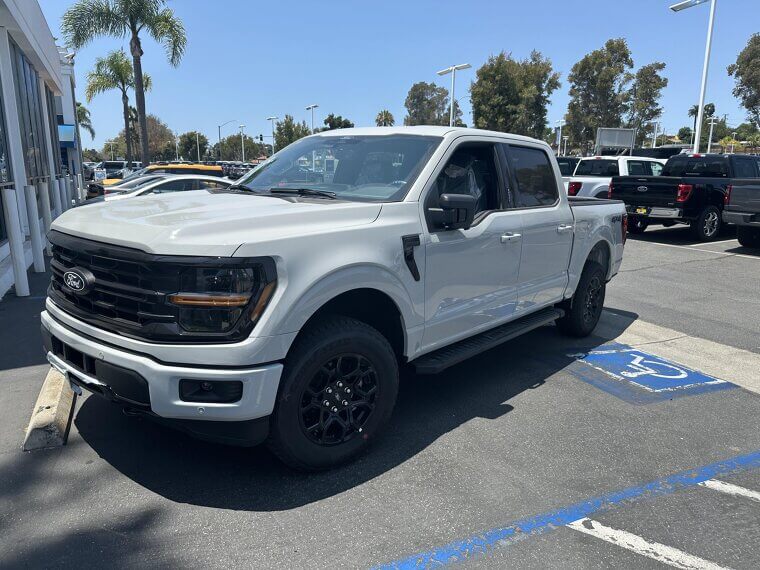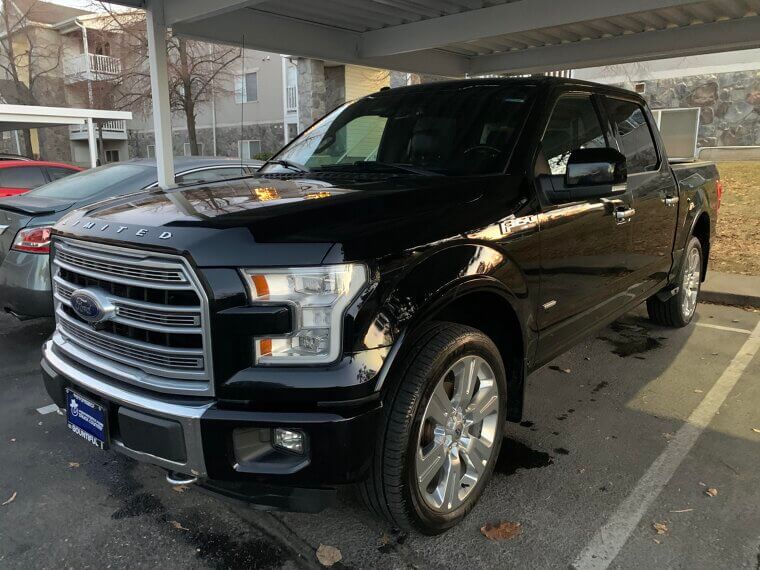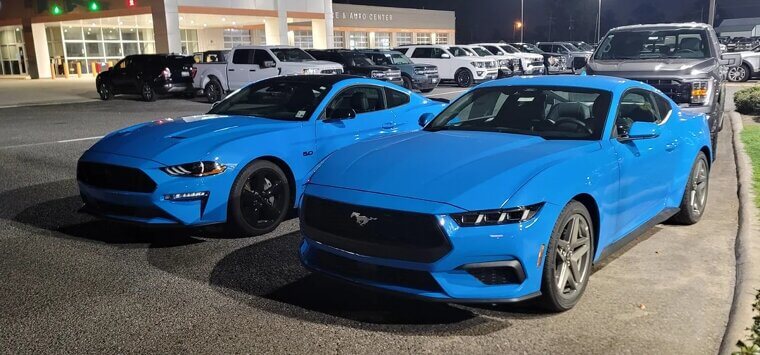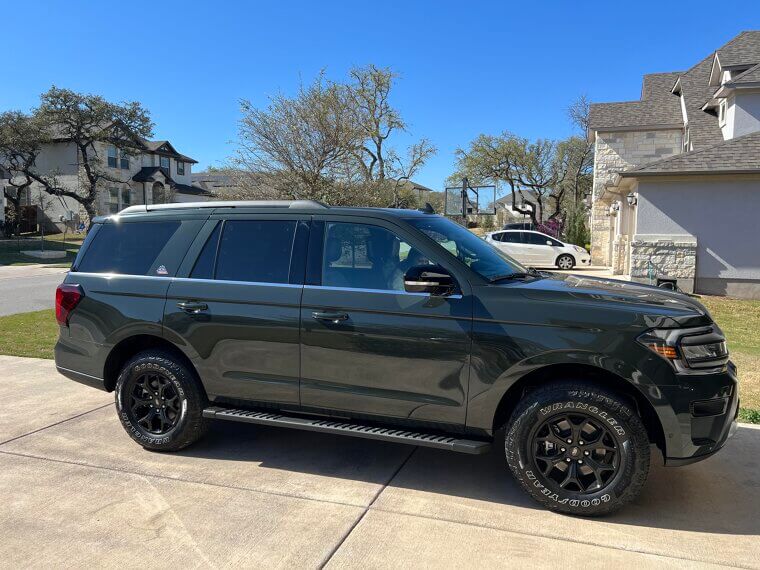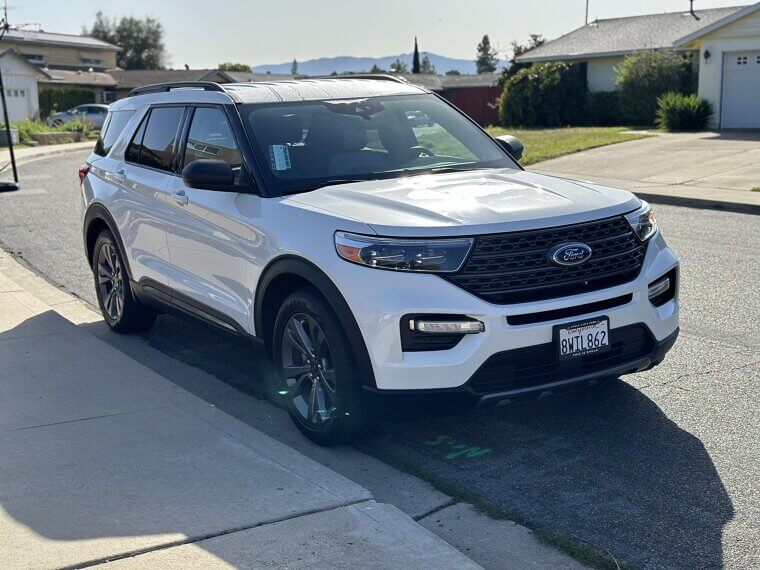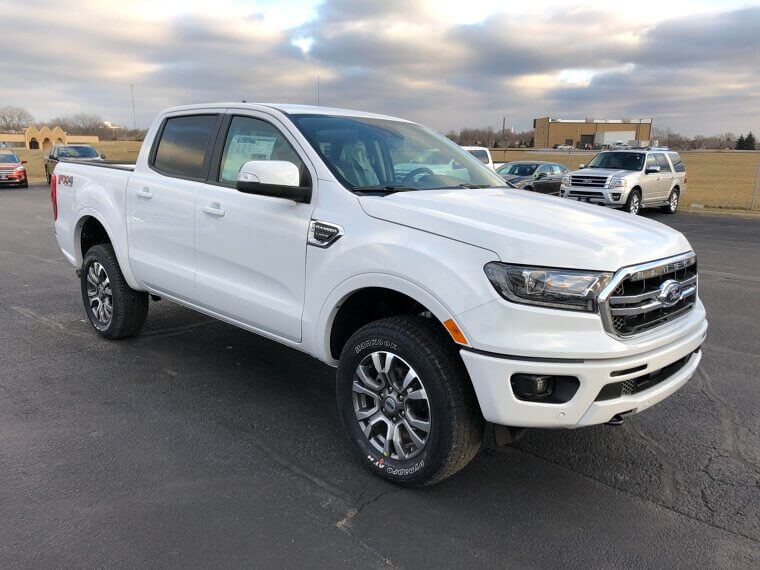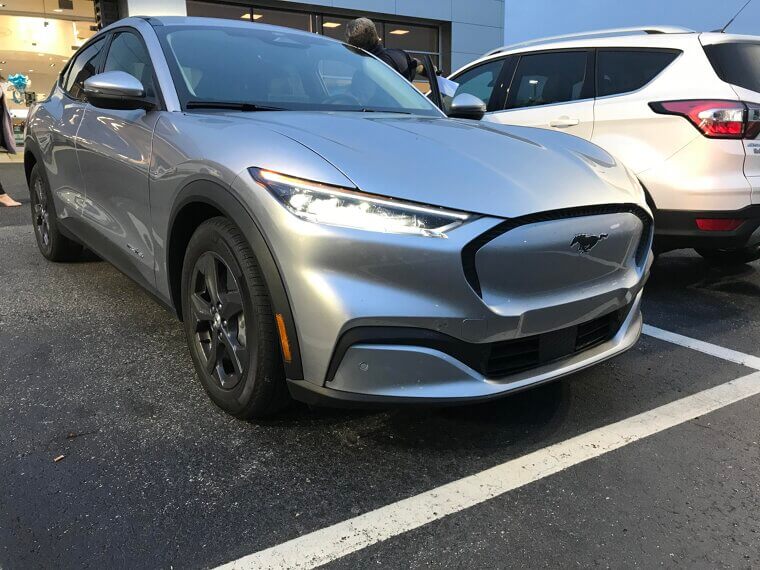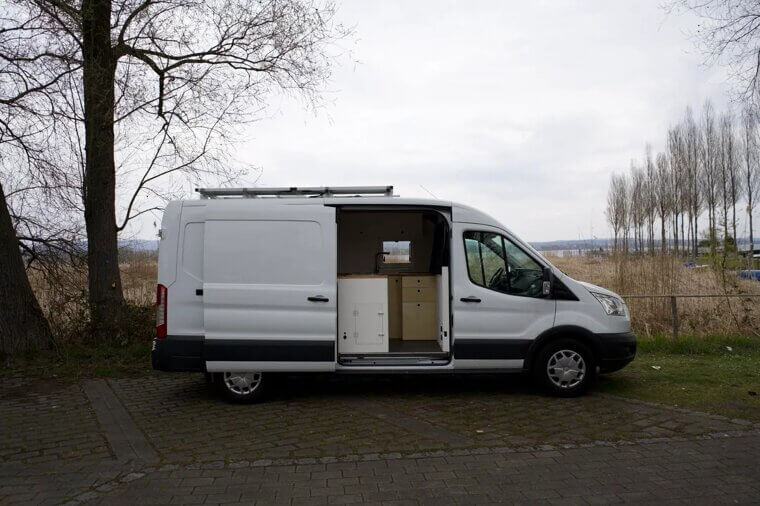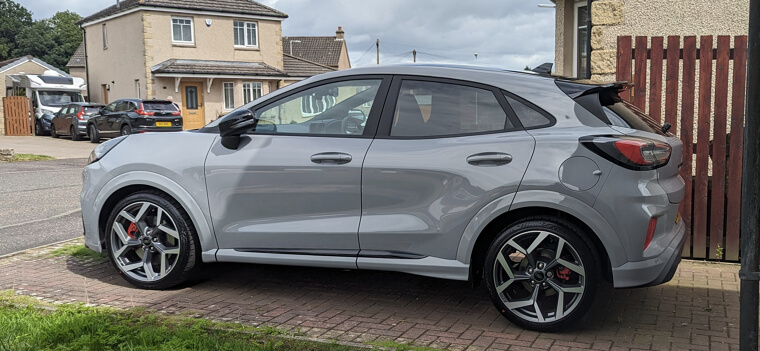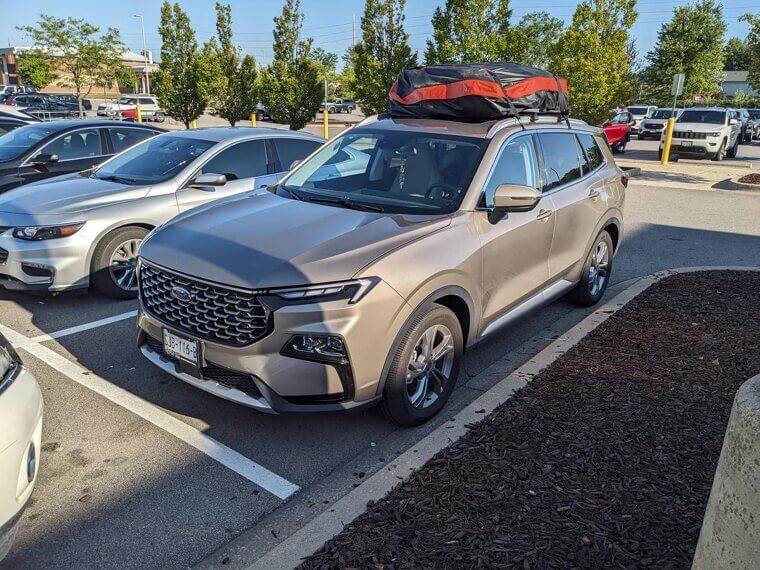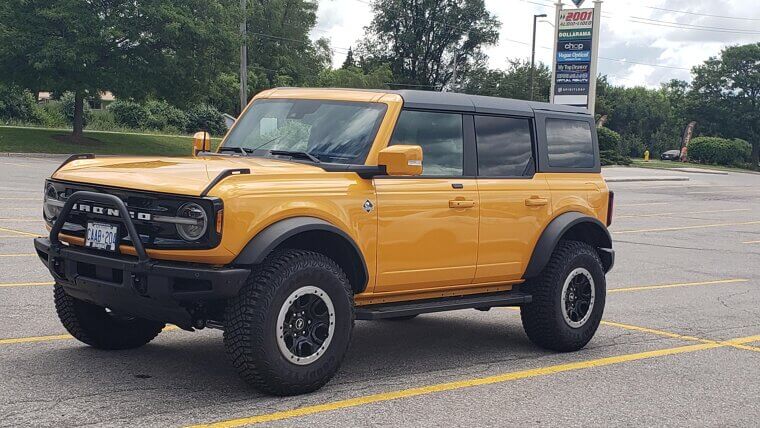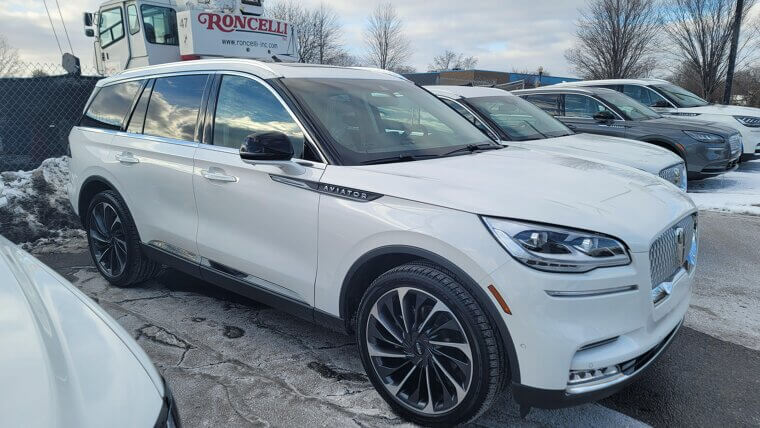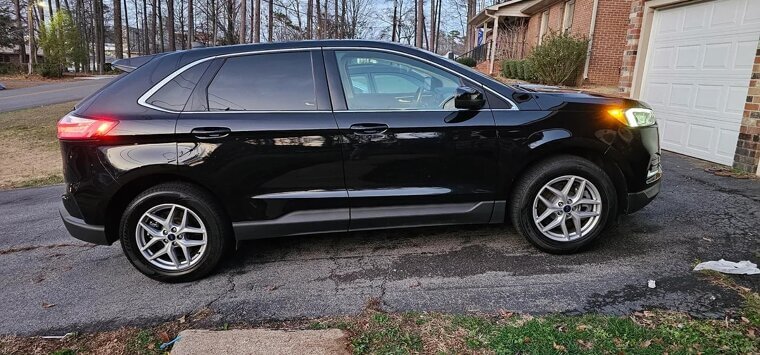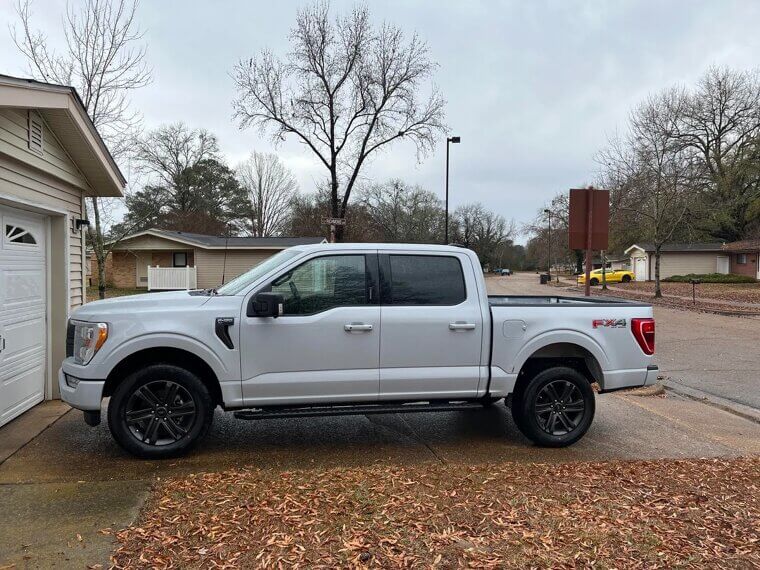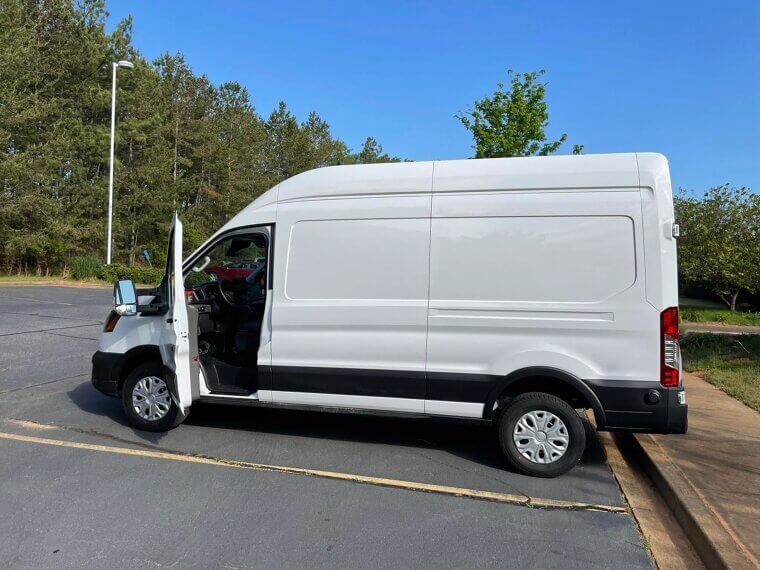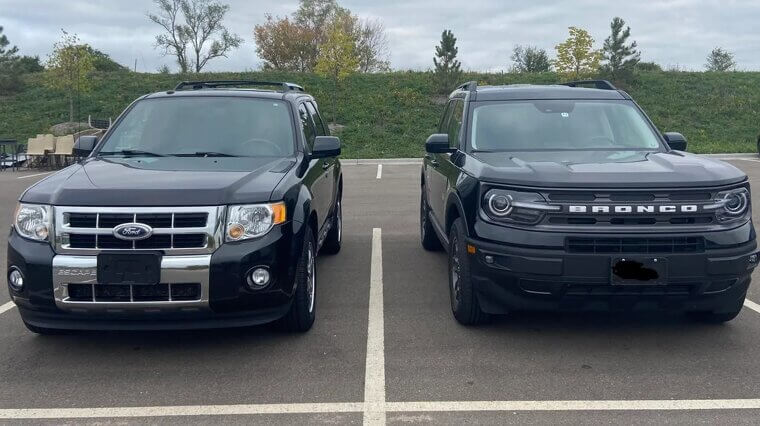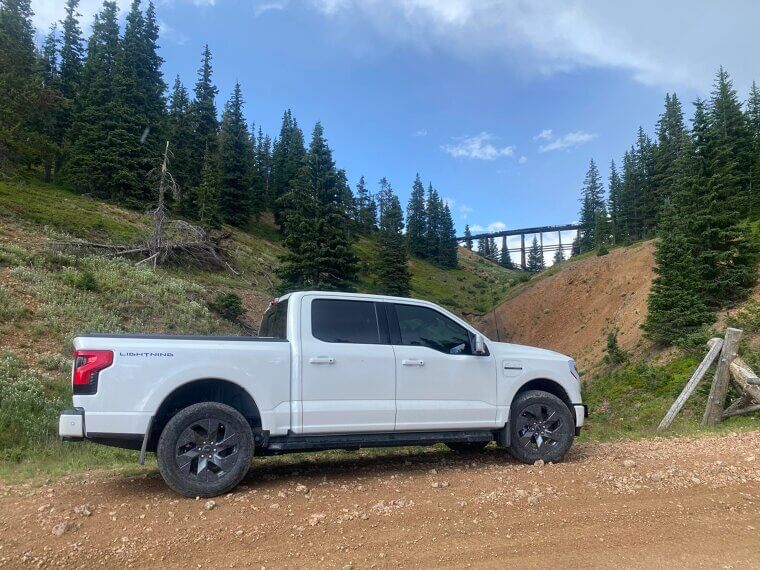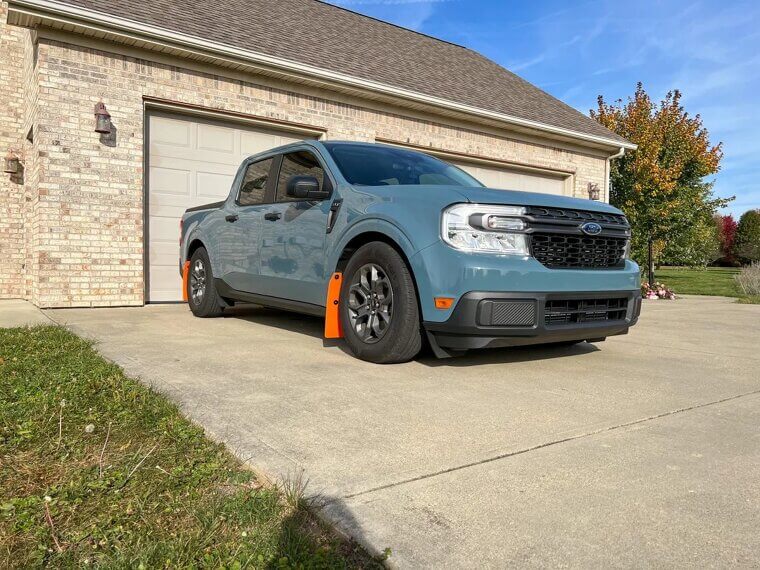Tariff Costs Force Ford to Raise New Car Model Prices
If you're thinking of buying a Ford, you'll want to hit pause on your purchase. Prices just went up on some of their most popular models, and it's not because they added anything fancy. It all comes down to tariffs, rising costs, and behind-the-scenes decisions that'll hit your wallet where it hurts.
Ford's Surprise Price Hike
You might've missed it, but prices on the Mustang Mach-E, Maverick, and Bronco Sport are set to go up by as much as $2,000. No, they didn't suddenly become luxury cars. The change is not sudden, and has more to do with borders and politics than fancy new features.
Where It All Started
Let's rewind. Just a few years ago, the Trump administration slapped a hefty 25% tariff on imported cars and their parts. The idea was to protect American jobs. But the tariffs didn't hit overnight, and the real sting took a while. Now it's finally showing up.
Ford's $2.5 Billion Problem
Ford's not sugarcoating anything. The tariffs are expected to cost them about $2.5 billion this year. Around $1 billion will be absorbed by Ford, but the rest is landing on the price tag of new cars, and you're footing the bill.
The Clock's Already Ticking
This isn't a "coming soon" kind of deal. It's already happening, and any Ford made after May 2 comes with a new and higher price that'll shock you. Dealerships are getting these models by late June. If you were thinking of buying soon, you'd better move soon!
Business As Usual? Not Quite
Ford's calling this a "mid-year update." Well, that's their official line. But normal updates don't come with price jumps like these. It feels more like a quiet shrug and hope no one notices. Except, of course, people are noticing.
Others Are Watching
While Ford moved fast, GM and Stellantis haven't reacted the same way - yet. GM says it's facing similar pressures, but prices haven't budged. Stellantis (the company behind GM and Dodge) is holding the line for now.
What This Means for You
For buyers, this isn't just theory. It's added costs being added to cars that once had a reputation for being budget-friendly. The hike changes your plans or stops them entirely, and some people might walk away from a deal. Others will pay more and wonder why.
Dealers Got the Memo
Ford didn't leave its dealers in the dark. They got the heads up along with a neatly-packed message explaining the rising costs and mid-year changes. Sure, it was calm and corporate, but it also screamed, "Brace yourselves." Change is coming, and everyone's feeling it.
The Maverick's New Gamble
The Maverick is Ford's golden child. It's cheap, compact, and flying off showroom floors. But put a bigger price tag on it, and it loses its charm rather quickly. Some people will still buy it, but others won't. Ford's rolling the dice and hoping demand doesn't take a hit.
A Ripple Becoming a Wave
Ford isn't the only one feeling the pressure. Automakers are scrambling, and some are moving factories. Others are left hitting pause on growth plans. A few are even talking about plant shutdowns. The tariffs have kicked up more than just cost and caused a shift in the industry instead.
Sharing the Load - Sort Of
To be fair, Ford isn't tossing the entire tariff cost on buyers. They're still taking on a piece of it. But that doesn't mean buyers are off the hook. Costs have to go somewhere, and even if it's not in the sticker price, it shows up in other ways.
Say Goodbye to the Perks
Do you know those fun perks that come with buying a new car - dealer discounts, bonus rebates, and price breaks? They'll be affected, too. As the profit margins start to shrink, those extras start fading away. It won't be too obvious, but they'll slowly disappear and make you wonder why the deal feels… off.
The Used Car Shuffle
Used car sales have crept up by around 3% since the tariff changes started. And it's no coincidence. People are choosing to jump into used models while they're still reasonably priced. It's a quiet move, but one that's smart if you don't want to play the price hike game.
Lincoln's Quiet Hike
Lincoln, Ford's more luxurious brand, made a quiet move of its own. No big splashy announcements, just a hush-hush change in the price of their cars. Even fancy cars aren't safe anymore, and everyone's walking on eggshells now, thanks to the tariff hikes.
Not Everything's Made in the USA
Ford does build a lot in the U.S., and this helps them dodge some of the tariff mess. But some vehicles and plenty of parts still come from overseas. That means even Ford's deep domestic roots can't completely shield them from the hikes.
Sales Forecast Is Looking Cloudy
Experts are starting to lower their expectations for car sales this year. It's not doom and gloom yet, but clouds are gathering. And we have tariffs and rising prices to thank for that. If buyers lose confidence, the slowdown everyone's whispering about could hit sooner.
Trump's Tariff Stand
President Trump isn't backing down. In fact, he's doubling down on the idea that tariffs protect American jobs. But headlines are turning, and buyers are pushing back. Politics and prices don't mix easily, but public pressure could change the story fast.
Shopping Smart Matters More Now
If you're in the market for a new car, keep your eyes open. Some models might still have the old price if you act quickly. Rebates could vanish without warning, and used cars are looking better by the day. Check everything before you sign.
The Changing Market Landscape
This isn't just about Ford or even just about cars. The entire car market is shifting. Pesky trade tensions are changing how companies price, sell, and build vehicles. Buyers are getting smarter, and automakers have to move fast. What worked before might not work anymore.
What Buyers Should Look Out For
Ask questions and read the fine print. Check build dates. If a car was made before May 2, you'll save a chunk. This is the time to negotiate, especially now. The more informed you are, the better your chances are of dodging the price hike.
The Road Ahead
The tariff hike is just one big chapter in a much bigger, messier story. Unfortunately, increased tariffs and pricing games are a part of the changing world of auto sales that cause a shift in strategy. It's clear that buyers are the ones who will lose out if they're not careful.

